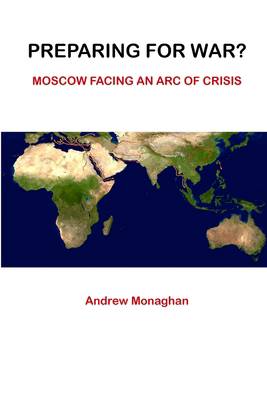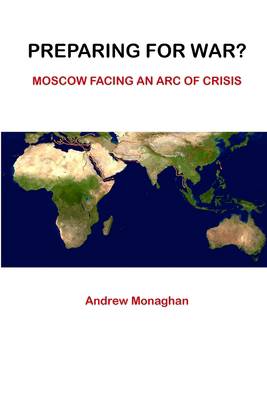
- Afhalen na 1 uur in een winkel met voorraad
- Gratis thuislevering in België vanaf € 30
- Ruim aanbod met 7 miljoen producten
- Afhalen na 1 uur in een winkel met voorraad
- Gratis thuislevering in België vanaf € 30
- Ruim aanbod met 7 miljoen producten
Zoeken
€ 21,45
+ 42 punten
Omschrijving
Russia is once again at the front and center of the security agenda of the United States. With many now seeing Russia as one of the most important threats, if not the number one threat to the United States and its allies, there is much debate about how to counter possible threats, where Russia might strike next, and how to deter Russian aggression. The war in Ukraine and Russia's intervention in Syria, combined with its extensive program of exercising for war, lends policy urgency to this debate. In this Letort Paper, Dr. Andrew Monaghan, a British academic and long-term scholar of Russia based at Chatham House in London, reflects on the view from Moscow. In so doing, he illustrates the increasingly obvious gulf in how security is perceived in Western capitals and in Moscow. Importantly, he emphasizes that the Russian leadership faces numerous doubts and difficulties-to include doubting that, in Clausewitzian terms, Russia is able to withstand the test of war.
Specificaties
Betrokkenen
- Auteur(s):
- Uitgeverij:
Inhoud
- Aantal bladzijden:
- 56
- Taal:
- Engels
Eigenschappen
- Productcode (EAN):
- 9781387581092
- Verschijningsdatum:
- 8/02/2018
- Uitvoering:
- Paperback
- Formaat:
- Trade paperback (VS)
- Afmetingen:
- 152 mm x 229 mm
- Gewicht:
- 95 g

Alleen bij Standaard Boekhandel
+ 42 punten op je klantenkaart van Standaard Boekhandel
Beoordelingen
We publiceren alleen reviews die voldoen aan de voorwaarden voor reviews. Bekijk onze voorwaarden voor reviews.











